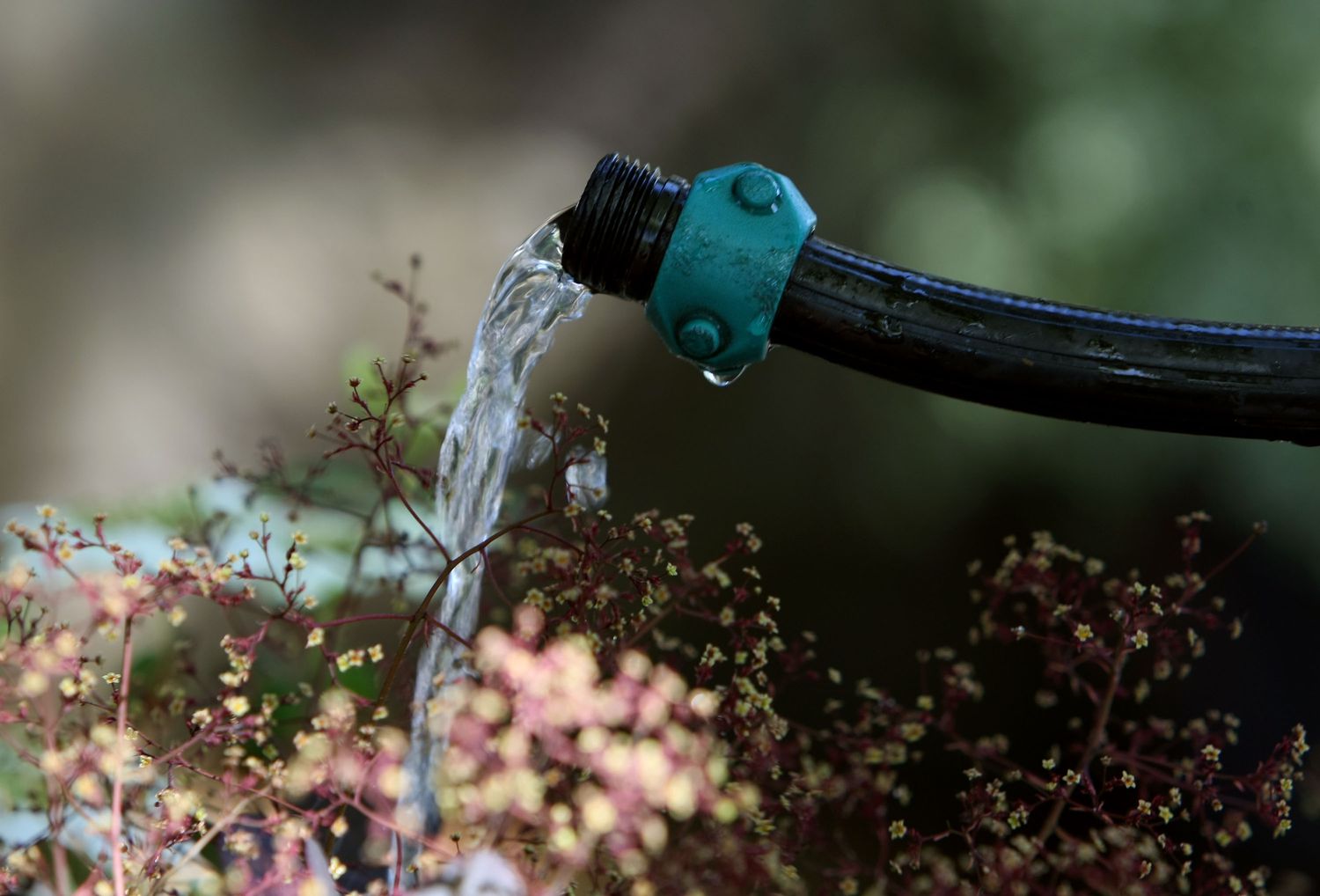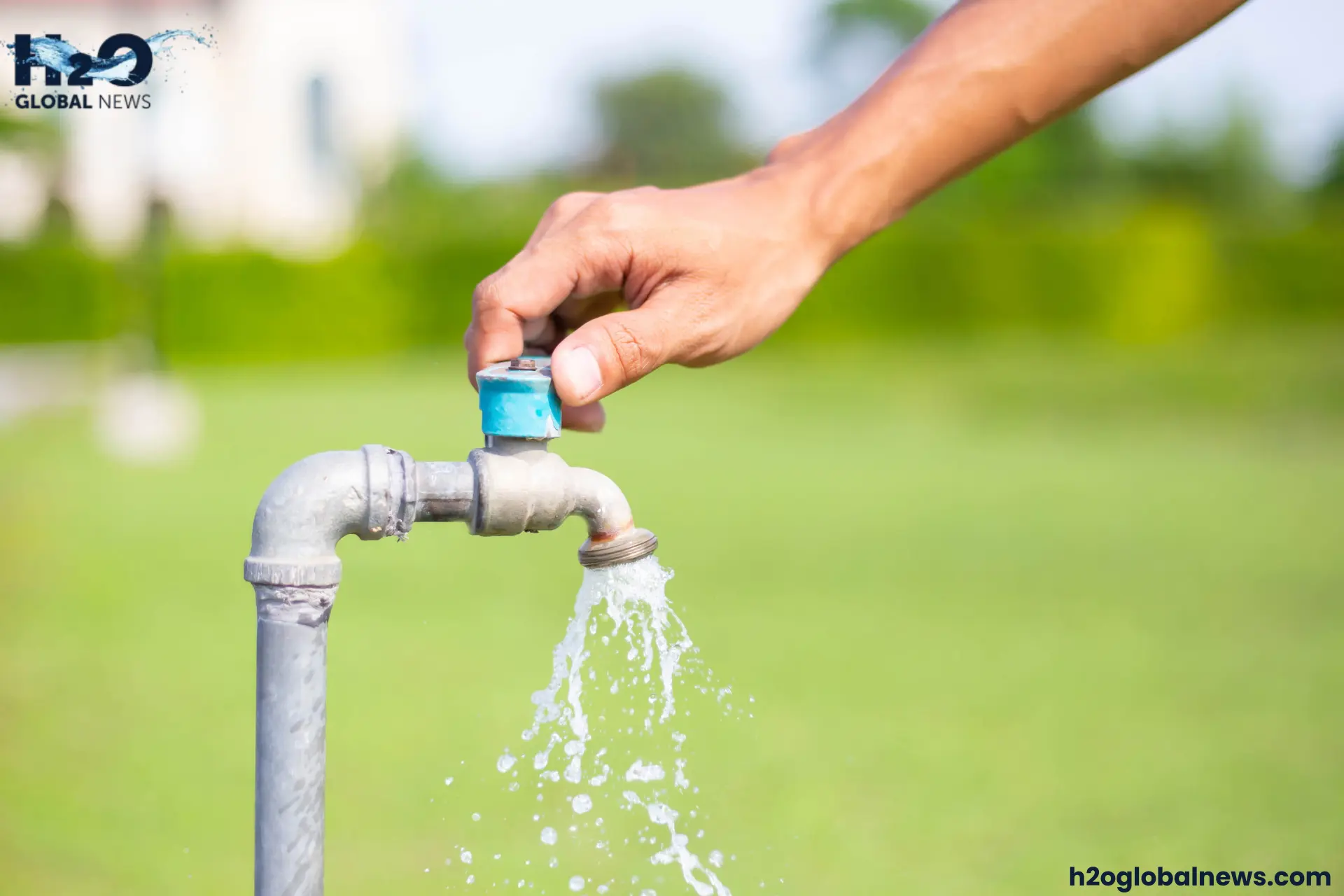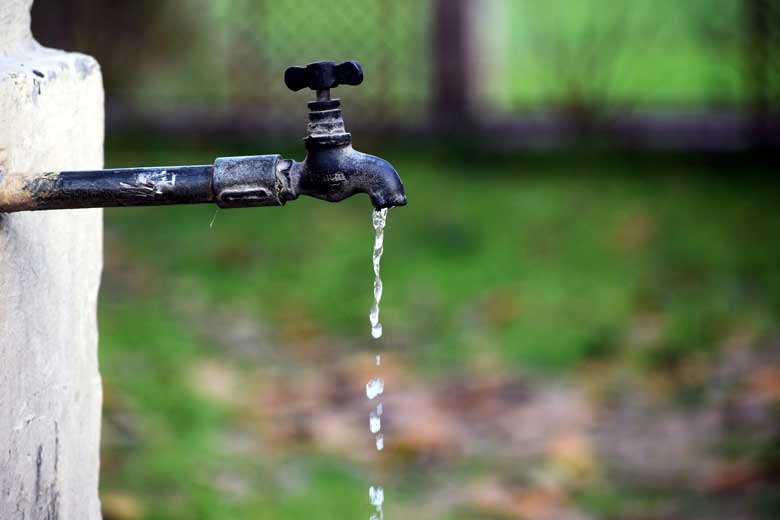Heatwaves bring burning temperatures and increased water usage, which can lead to water scarcity. You can contribute to solving the water problem by conserving water through careful planning and the implementation of the appropriate solutions. There are several steps you can take to reduce excess water usage in your home and do your part to avoid depleting this precious resource. In this article, we’ll discuss some water saving tips to help you negotiate the summertime water difficulties effectively.
Why Is Water Conservation Important During a Heatwave?
During a heatwave, water demand rises dramatically as people use it for hydration, cooling, and landscaping. At the same time, water sources may be depleted owing to evaporation and increased demand. Conserving water not only ensures its availability but also helps to lessen the effects of a water crisis solution, assuring long-term viability for all.
Top Water Saving Tips During a Heatwave
1. Use water-efficient appliances
Invest in water-saving technology such as low-flow faucets, dual-flush toilets, and high-efficiency washing machines. These appliances reduce water waste while preserving performance.
2. Water plants wisely
- To prevent evaporation, water plants in the early morning or late evening.
- A drip irrigation system can be used to hydrate certain areas precisely.
- Mulch your garden to maintain soil moisture and provide better water in summer.
3. Take short showers
Limit your showers to 5 minutes or less. Even a two-minute shower can save gallons of water every day. Use a timer to track your water consumption. Turn off the shower when soaping up and shampooing and only turn it back on to rinse. These simple steps can significantly decrease water usage during showers.
4. Reuse household water
Collect greywater from sinks, showers, and washing machines to use for gardening or cleaning.
Take advantage of the hot weather to air dry clothes and towels instead of running the dryer. Capture rainwater in barrels for summertime water demands such as lawn care. Only flush the toilet when necessary. Do not use it as a wastebasket.
5. Fix Leaks Quickly
A leaking tap can waste up to 20 gallons of water per day. Check faucets, pipelines, and toilets for leaks regularly and repair them. According to the U.S. Environmental Protection Agency, the average household wastes more than 10,000 gallons of water each year from leaks enough to fill a residential swimming pool.
6. Adjust Your Lawn Care Routine
- Avoid watering your grass during peak daylight hours.
- Allowing your grass to grow somewhat longer will improve its drought resilience.
- Replace water-intensive lawns with drought-tolerant plants or synthetic turf.
7. Be aware of cooling systems
If you use air conditioning, check for leaks in the cooling system and clean the filters regularly. Ensure that swamp coolers’ water recirculation systems are efficient.
8. Educate and involve the family
Involve all household members in water-saving activities by stressing the value of conservation. Small changes, such as turning off taps while brushing, can make a tremendous difference.
9. Wash Vehicles Efficiently
When cleaning your car, use a bucket rather than a running hose. Limit washing to once a month or less, or take your vehicles to a car wash that recycles water. If washing at home, use a hose with an automatic shutoff nozzle and wash quickly.
10. Limit outdoor water use
During heatwaves, prioritize outside watering. To clean roads and patios, use a broom rather than a hose.
How to Save Water in Summer with Technology
- Adopt Smart Water Monitoring Systems: Smart technologies can monitor household water usage and uncover wasteful tendencies, allowing you to implement more sustainable practices.
- Install rain sensors: Rain sensors on irrigation systems automatically turn off watering when it rains, preventing water waste.
- Use smart irrigation controllers: These systems alter irrigation schedules according to weather forecasts, preventing overwatering.
- Implement Greywater Recycling Systems: Greywater can be processed and safely reused in gardens or toilets thanks to advanced water-saving technology.
Conclusion
In the end, there are many simple steps each of us can take to reduce water usage during periods of drought or heat waves. By adopting these strategies and embracing technological advancements, you can contribute to sustainable water management even during the hottest months. Together, small efforts can lead to big impacts in conserving water for future generations.
FAQs
1- How can I reduce water usage in my garden?
Use drip irrigation, mulch your soil to retain moisture, and water during cooler hours, and replace water-intensive plants with drought-tolerant varieties.
2- How does technology improve summertime water use?
Water saving technology, such as smart irrigation systems and greywater recycling, minimizes waste by ensuring precise and efficient water usage.
3- Why is water conservation important in summer?
Summer heat increases water demand and evaporation rates, straining water resources. Conservation ensures adequate water availability and helps mitigate a water crisis solution.
4- How can communities help conserve water?
Communities can adopt leak detection technologies, invest in water-efficient infrastructure, and promote public awareness about water-saving tips.









